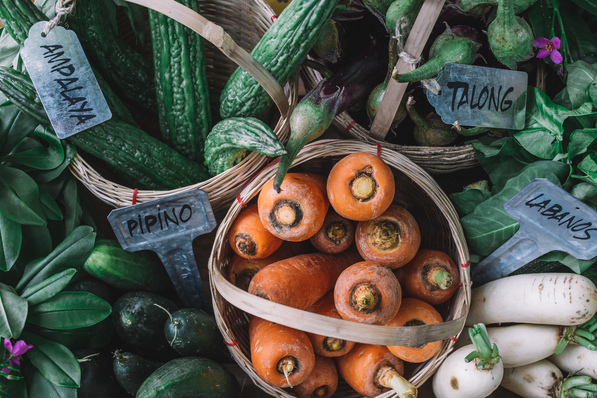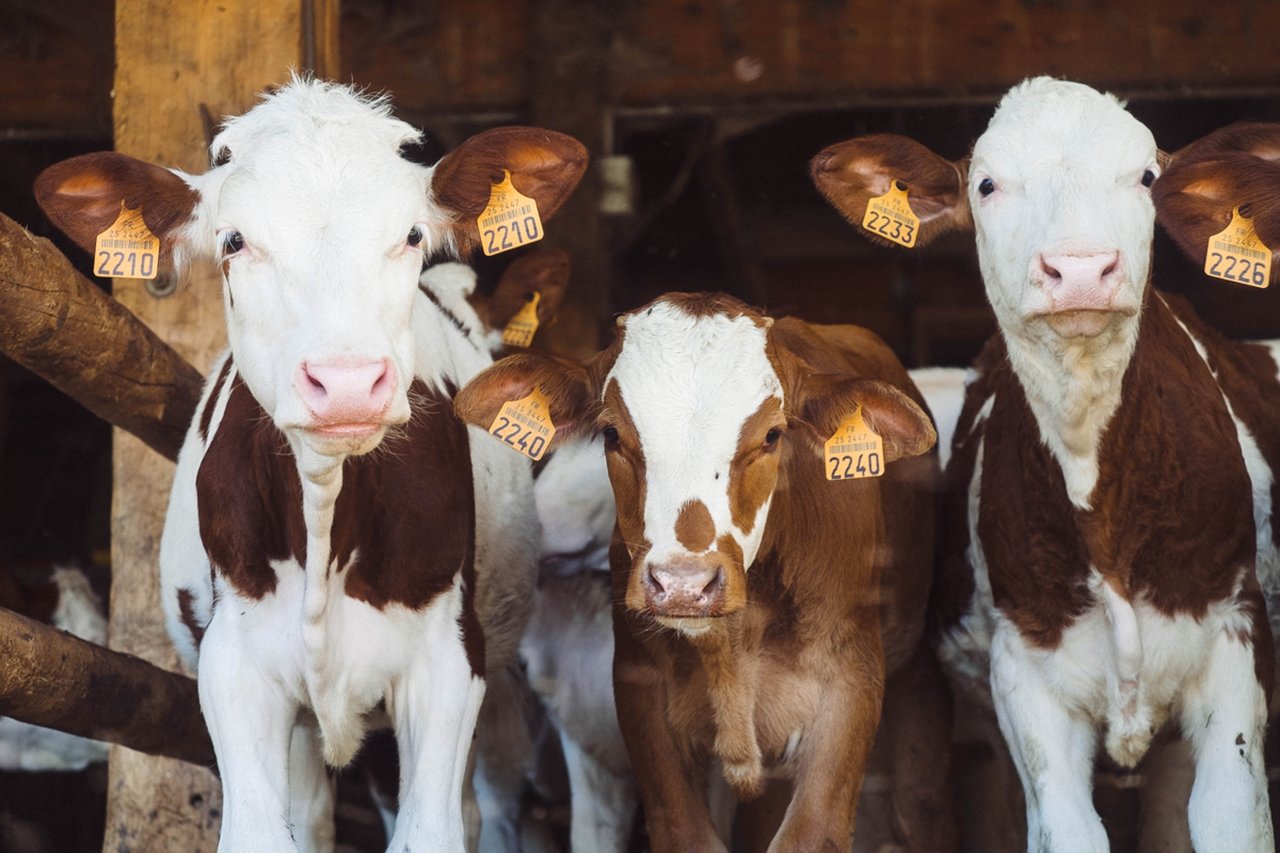An interrogation on the specifics of my protein intake, bacon jokes, and of course the crowd favorite “don’t plants have feelings too?” argument are only a handful of the things I had to learn to tactfully respond to and deflect in my three years of following a vegan diet. I didn’t realize how deeply personal and unavoidably political food choices could be until I was being constantly grilled on how nutritionally sound a vegan diet is or being suspected by well-meaning relatives for having an eating disorder.
I became vegan for ethical reasons in 2014, when it was acceptable (mostly because people barely knew what it meant) but not quite cool yet. Much to my amazement, veganism slowly became a mainstream wellness trend, with an influx of “what I eat in a day” videos on Youtube while seemingly every Instagram model with a bikini body started following a vegan diet. The past couple of years have shown an obvious increase in vegans, and there are statistics to prove it.

If you haven’t been entirely sure what veganism even is or if you can’t tell vegetarians apart from pescetarians or lacto-ovo vegetarians—you’re not alone and we’ve got you covered.
(Read: Is vegan the same as plant-based?)
Despite being a way of life with an inherently altruistic cornerstone, the online community isn’t nearly always as good-natured. I wasn’t shocked by the animosity between vegans and non-vegans online but the negativity within the online vegan community came as a definite surprise.
Gatekeeping is nothing new or uncommon in activism and since veganism is more than just a wellness trend but a movement towards better animal rights, a lot of the arguments online centered on what makes a true vegan. There are hardliners within the community who look down on and shame those who are vegan in order to lose weight or those who haven’t upended their entire lives in order to be 100% vegan, waste-free or sustainable.

People lead different lives—with different incomes, beliefs and jobs, circumstances. Why should it matter if someone’s vegan just to lose weight or if someone’s just vegan 80-90% of the time or if someone’s a raw vegan or a junk food vegan? This inclination towards gatekeeping and trying to set out standards on who’s doing it right just deters people who maybe interested in becoming vegan for fear of inadequacy or not doing it perfectly enough.
No one, not even the militant vegan who eats a plant-based diet, wears fair-trade clothes and bikes to work everyday is a 100% vegan. The majority of fertilizers used in the agriculture industry are made with animal blood and bones. Not to mention, the highly mechanized agricultural industry inevitably leads to the deaths of small animals and insects in the fields.
So isn’t it futile to argue about who deserves to label themselves vegan? Considering the original intent behind the vegan lifestyle, every little step towards a mindful way of living counts.
This story was published in Southern Living, September 2017.
Photos courtesy of unsplash.com

